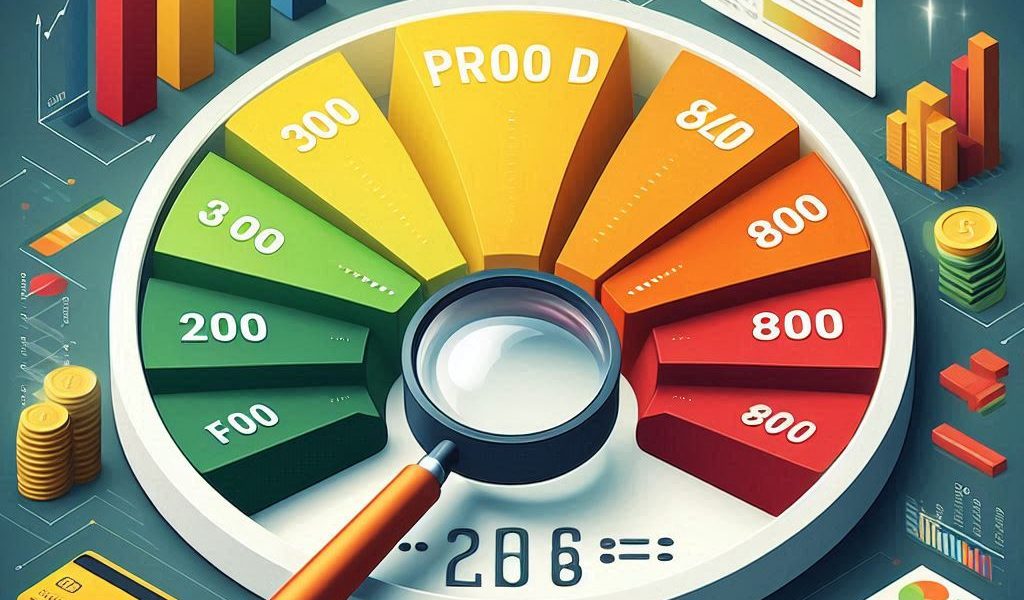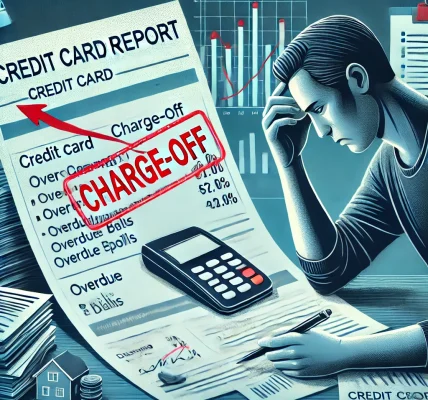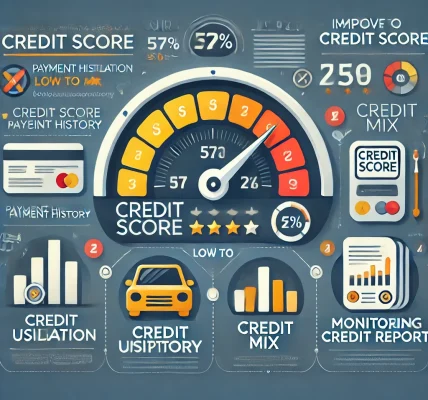Introduction
In today’s financial world, your credit score is more than just a number; it’s a key factor that determines your financial opportunities. Whether you’re applying for a loan, renting an apartment, or even seeking employment, your credit score plays a crucial role. This DIY guide will help you understand what a credit score is, how it works, and why it matters, along with actionable steps to improve and maintain a strong score.
What is a Credit Score?
A credit score is a three-digit number that represents your creditworthiness. It is calculated based on your financial behavior, including your borrowing and repayment history. Lenders, banks, and financial institutions use credit scores to assess the risk of lending money to individuals.
The Range of Credit Scores
Credit scores generally range from 300 to 850, with different classifications:
- Excellent (750-850): Lower interest rates and best credit offers
- Good (700-749): Generally favorable loan terms
- Fair (650-699): May face higher interest rates
- Poor (600-649): Limited loan approvals with high costs
- Very Poor (300-599): Difficulty in securing credit
How is a Credit Score Calculated?
Your credit score is calculated based on various factors, each carrying a different weight:
- Payment History (35%) – Timely payments positively impact your score, while late or missed payments can reduce it significantly.
- Credit Utilization (30%) – The ratio of your credit card balance to your credit limit. Keeping this under 30% is advisable.
- Credit Age (15%) – A longer credit history helps build a stronger score.
- New Credit (10%) – Frequent credit applications can lower your score temporarily.
- Credit Mix (10%) – A diverse mix of credit accounts (loans, credit cards, etc.) can improve your score.
Why Your Credit Score Matters
Your credit score affects many aspects of your financial life:
- Loan Approvals & Interest Rates – A higher score results in easier loan approvals and lower interest rates.
- Credit Card Benefits – Good scores provide access to premium credit cards with better rewards.
- Rental & Employment Opportunities – Some landlords and employers check credit scores to assess reliability.
- Insurance Premiums – Insurers may use credit scores to determine premiums.
How to Check Your Credit Score
Regularly monitoring your credit score helps prevent errors and fraud. You can check your score through:
- Official credit bureaus (Equifax, Experian, and TransUnion)
- Your bank or credit card provider
- Online financial platforms offering free credit score checks
Common Credit Score Myths Debunked
Myth 1: Checking Your Own Credit Score Lowers It
Fact: Self-checking your credit score is considered a soft inquiry and does not impact your score.
Myth 2: You Need a Credit Card to Build Credit
Fact: Loans, utility bill payments, and rent payments (if reported) can also contribute to building credit.
Myth 3: Closing Old Accounts Improves Your Score
Fact: Closing old accounts can shorten your credit history, which may negatively impact your score.
DIY Tips to Improve Your Credit Score
- Make Timely Payments – Set up reminders or automate payments to avoid late fees.
- Lower Your Credit Utilization – Keep your credit usage below 30% of your total available credit.
- Limit Hard Inquiries – Avoid frequent applications for new credit within a short period.
- Dispute Credit Report Errors – Regularly review your credit report and report inaccuracies.
- Increase Credit Limits – Requesting a higher credit limit while keeping spending the same can lower utilization.
- Diversify Your Credit Mix – Having different types of credit accounts (credit cards, auto loans, etc.) can be beneficial.
How Long Does It Take to Improve Your Credit Score?
Improving your credit score is a gradual process. While small improvements can be seen in a few months, significant changes often take six months to a year. Consistency is key.
The Impact of Bad Credit & How to Recover
Having a low credit score can lead to difficulties in securing loans, higher interest rates, and limited financial opportunities. However, you can recover by:
- Following the DIY tips mentioned above
- Negotiating with creditors for better repayment terms
- Seeking financial counseling if needed
Final Thoughts
Your credit score is a crucial financial tool that impacts various aspects of your life. Understanding how it works and actively managing it can open doors to better financial opportunities. By following the DIY steps outlined in this guide, you can take control of your credit score and secure a stable financial future.




